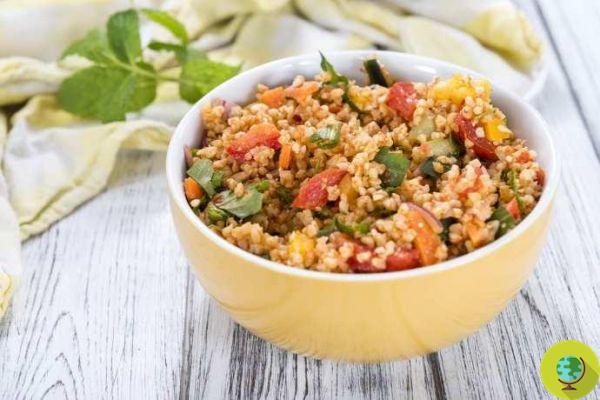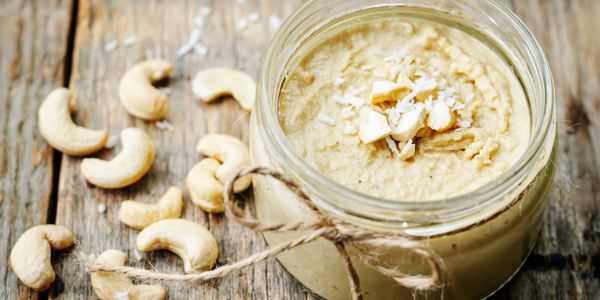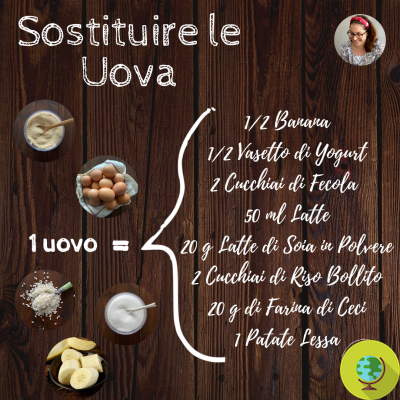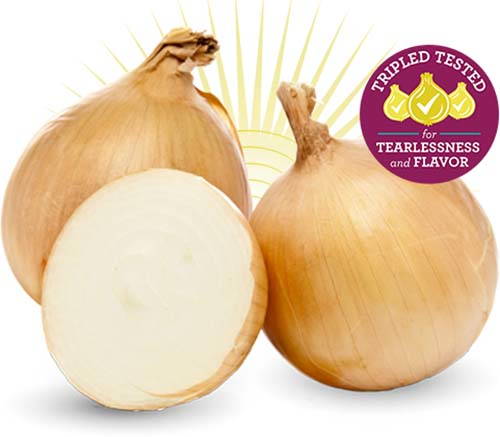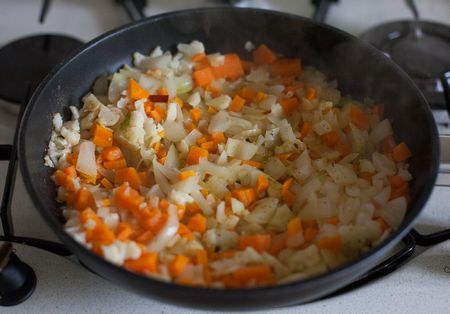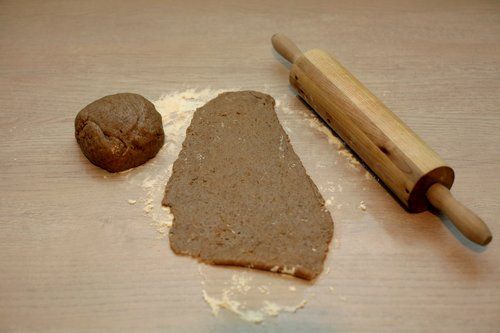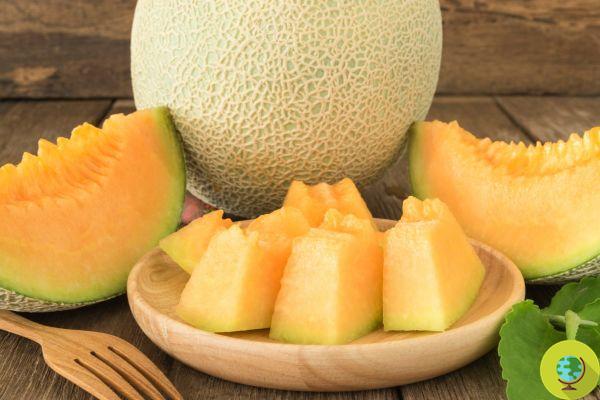
Melon is not only delicious and thirst-quenching, but it is also a concentrate of extraordinary nutritional properties. Let's find out all of them
Don't store avocado like this: it's dangerousMelon is not only delicious and thirst-quenching, but it is also a concentrate of extraordinary nutritional properties. Let's find out all of them
Melon, together with watermelon, is one of the symbolic fruits of summer. It is a sweet and tasty fruit. The pulp of the melon is juicy and very fragrant when the fruit reaches complete ripeness. The color of the pulp can vary from white, to yellow, to orange, depending on the variety of the fruit. The central cavity of the melon appears fibrous and rich in seeds.
Read also: Do not throw away the melon seeds, they are a concentrate of benefits that you do not expect!
Index
Properties of melon
The melon contains a high percentage of water, equal to about 95%. It is a fruit rich in vitamins and minerals that are beneficial for our health. Due to its water content, melon gives a feeling of freshness and relief from the summer heat. It is considered useful for cleansing the kidneys and against heartburn.
It does not contain saturated fat and ensures a low calorie intake, equal to about 60 calories for an average portion. As for the mineral salts, in the melon we find iron, calcium and phosphorus. The vitamins present in the melon are Vitamin C, Vitamin A and Vitamin B. Melon also contains a anticoagulant agent, which helps prevent blood clots from forming, which can cause heart attack or stroke.
Melons belong to the same family as cucumbers and yellow pumpkins, with the difference that they are consumed as fruits, at the peak of ripeness, due to their sweetness. A particular variety of bitter melon has recently been the subject of scientific studies. The bitter melon juice would prove useful in the treatment of pancreatic cancer.
Health benefits of cantaloupe
1) Cancer prevention. Melon is rich in carotenoids, which are considered useful for cancer prevention and to reduce the risk of lung cancer.
2) Prevention of heart attack and stroke. Thanks to the adenosine contained in the melon, the blood is kept more fluid, reducing the risk of heart attack and stroke.
3) Benefits for digestion. Cantaloupe stimulates bowel movements, which can be compromised by any digestive problems. Its mineral content helps to eliminate excessive acidity from the body, promoting digestion.
4) Source of energy. It is a natural source of energy, not only for its natural sugar content, but also for its supply of vitamin B, which is necessary for the body to produce energy from carbohydrates.
5) Benefits for the kidneys. The melon, due to its high water content, has a good diuretic power. It can help maintain kidney health. When combined with del lemon juice, melon can help fight gout. It is good to consume it regularly, in the morning, for a greater beneficial action.
How to taste melon at its best
Melon is usually eaten raw as an appetizer or dessert, for breakfast or as a snack. Not everyone is aware of the fact that it is possible to cook melon, in order to obtain compotes and jams. It can be used in the preparation of fruit salads, smoothies, ice creams, ice lollies and sorbets, excellent to be enjoyed during the summer season, as well as fruit juices. It is perfect for creating fruit skewers to serve as an aperitif. For an alternative recipe, you can divide it into cubes and enjoy it by mixing it with cucumber slices.
Read also: Risotto with melon
How to choose a ripe melon
to recognize a ripe melon, the trick of tapping lightly on its surface with the hand clenched into a fist is still valid. If you get a dull sound, the melon has reached maturity. If, on the other hand, the fruit transmits an empty rumble, it means that it is not yet ready to be tasted. Pay attention to the smell of the melon. If it turns out scented, it is probably already ripe. Look at the stem of the melon. If it is tender and tends to fall apart, the melon is ready.
How to store melon
The storage temperature of the melon must never drop below 5 degrees. It is therefore a good idea to place the melon still closed in the least cold part of the refrigerator. Once opened, the melon can be stored easily after removing the peel and after having sliced or divided into cubes. You can store the melon inside a food container or in one colander placed inside a bowl, to be placed in the refrigerator. If the melon still closed is not fully ripe, it is advisable to let it rest at room temperature.
Follow us on Telegram| Instagram |Facebook |TikTok |Youtube
You may also be interested:
- Watermelon: properties and benefits and how to best enjoy it
- Melon popsicles: the quick and sugar-free recipe for a fresh and light snack
- How to choose ripe watermelons and melons






